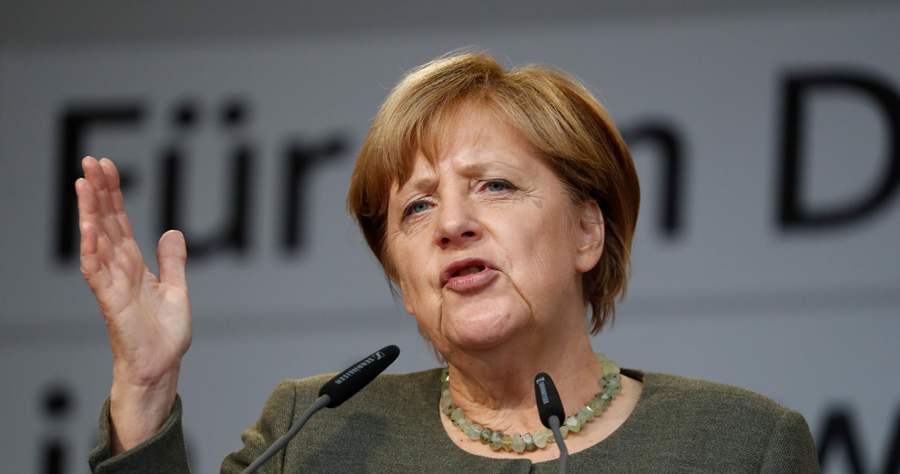Merkel wins & loses
September 25, 2017 | Expert Insights

German Chancellor Angela Merkel has been re-elected for a record fourth term. However, it was her party’s worst result in close to 70 years.
The surprise of the German elections was the right of the populist right-wing party, Alternative for Germany, which now has representation in the parliament.
Background
Angela Merkel became the 34th Chancellor of Germany in 2005 and has since been in power. She is also the leader of the Christian Democratic Union (CDU). A former research scientist, she became a politician in 1989. By 1991, she had been appointed the Minister for Women and Youth in the federal government under Chancellor Helmut Kohl in 1991. In 1994, she was the Minister of Environment.
In 2005, she had become the first female Chancellor of Germany. By 2013, during the general election, Merkel was seen as a reliable leader in Germany. Her party won the election with 41.5% of the vote. It was a landslide victory. She is the longest-serving incumbent head of government in the European Union.
Martin Schulz, the leader of the center-left Social Democratic Party (SPD), was seen by some as a notable opponent for Merkel.
Founded in 2013, the euroskeptic Alternative for Germany party led by Alice Weidel and former CDU politician Alexander Gauland has sparked concern and controversy in Germany. The party is a populist right-wing platform that is anti-immigrant and has been accused of peddling Islamaphobia. It also has opposed gay marriage and is a climate change denier.
Analysis
As it had been projected, Merkel’s conservative CDU/CSU bloc was able to retain its majority during the federal elections. However, it witnessed its worst results in almost 70 years. It won 33% of the votes. This is a sharp decline from the 2013 elections when it won 41% of the votes. Voter turnout however had increased to 76%. Merkel said that she had hoped for a “better result” adding, “Today we can say that we now have a mandate to assume responsibility and we're going to assume this responsibility calmly, talking with our partners of course.”
SPD, which came in second position, also posted its worst result since 1949. Schulz said, “It's a difficult and bitter day for social democrats in Germany. We haven't reached our objective.”
The biggest surprise was the surge of AfD. This is the best result a far-right party has witnessed in Germany since the end of World War II. The party received 14% of the vote and will have participating in the German parliament. The party is expected 94 seats in the 709-seat federal parliament. Experts note that the party was able to mobilize support by profiting from the backlash faced by Merkel during the 2015 immigrant crisis. The party in the past had called for a ban on Minarets and had said that Islam was not compatible with German culture.
Beatrix van Storch, a leader of AfD said that immigration would be a key focus of the party in the parliament. She said, “We'll start debates on migration, we'll start debates on Islam, we'll start debates on ever closer union.”
There will be a total of six political parties in the German parliament for the first time since the 1950s.
Assessment
Our assessment is that while the election resulted in Merkel retaining her position as the Chancellor of Germany, in many ways it was not a victory for the CDU leader. Her pro-immigration stance has been unpopular in the country and she now faces the consequences of the decision. It will be months before she can successfully form a coalition. The victory of AfD also showcases the rise of far-right populism in Germany. The future of the EU, Euro, and millions of refugees that flock to the region is now uncertain.
Read more:








Comments